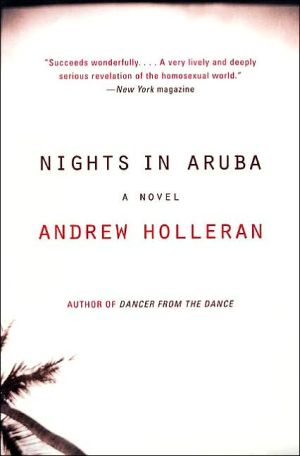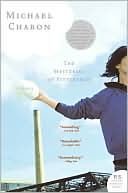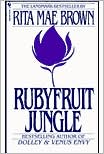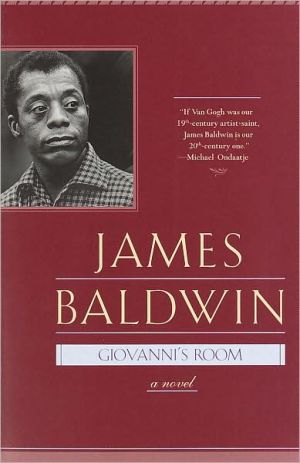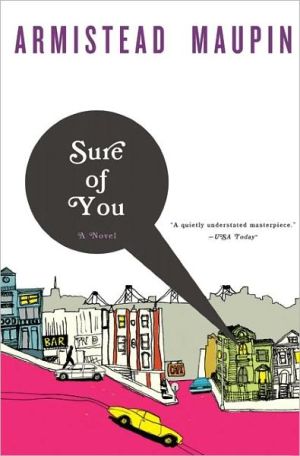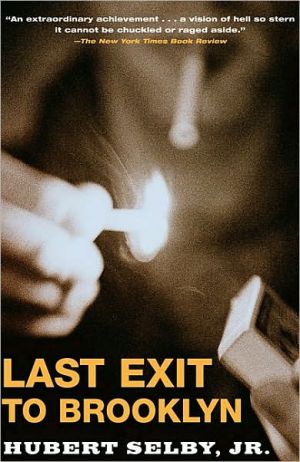Nights in Aruba
This groundbreaking novel of gay life centers around Paul, an uneasy commuter between two parallel worlds. He is the dutiful son of aging, upper-middle-class parents living in Florida, and a homosexual man plunged deliriously into the world of New York City's bars, baths, and one-night stands. With wry humor and subtle lyricism, Holleran reveals the tragedy and comedy of one man's struggle to come to terms with middle age, homosexuality, truth, love, and life itself.
Search in google:
This groundbreaking novel of gay life centers around Paul, an uneasy commuter between two parallel worlds. He is the dutiful son of aging, upper-middle-class parents living in Florida, and a homosexual man plunged deliriously into the world of New York City's bars, baths, and one-night stands. With wry humor and subtle lyricism, Holleran reveals the tragedy and comedy of one man's struggle to come to terms with middle age, homosexuality, truth, love, and life itself.
Chapter One\ \ \ She and I lived alone only once -- in a rooming house in Boston when I was seven -- and we didn't remain there very long. The day we told our landlady we were going out to see the motorcade in which President Eisenhower passed through Boston was the day the landlady told us -- on our return -- we had to leave. The landlady said it was because I had stopped up the toilet by throwing Kleenex in it, but as we drove away in the taxi Mother told me that was not the reason at all. She said it was because the landlady was a Democrat like all the Irish, and had watched us that afternoon from the upstairs window as we waved at the President. "Lace-curtain Irish," she said as we drove to the Parker House; when I asked what that meant, she said she would explain it later.\ My father was at a business school nearby and it was November and the two of us were very happy putting overcoats and gloves on every day to go out for shopping and lunch at a little coffee shop whose waitress saved an extra bag of fish-shaped crackers for me to have with my clam chowder. The trees were bare, the sky held thin clouds as hard and white as the swan boats tethered to their dock on a pond on the Common, and Mother thought Jordan Marsh a department store almost as satisfying as those in Chicago. But we left. My father gave us a small portfolio that contained our passports, health certificates, and money, and (happy to be a student once again, living with three other middle-aged men in a dormitory in Cambridge) sent us on our way south. We took one of the oil tankers that left Bayonne, New Jersey, to pick up oil in Aruba. Thetanker was so narrow that once at sea the waves broke over it and littered the ship with flying fish, until another wave swept them back into the sea. There were no decks to circumnavigate, or games to play, or children to play with -- and when at two o'clock the adults retired to their cabins to nap, the tanker turned into a ghost ship. As I lay on my bunk I told my mother I could not sleep. "Relax," she said. "Start with your toes, and your ankles and your feet, and work up and relax each part of your body." But this did not work and when I leaned out to look down at her, lying in her slip and brassiere on the bunk beneath mine, I saw her blue eyes were closed and her chest rising and falling with the slow rhythm of sleep.\ We never knew till we got on board who the other passengers would be, but because the journey took more than a week, and because the passengers were few, they were our only company. Women traveling without their husbands, engineers traveling without their wives, were outnumbered by those who were not married: music teachers, librarians, chemical engineers, instructors in English and Accounting. My mother had a certain sympathy for solitary travelers -- and if I was so unlucky as to find myself on a ship with no children my age, I was jealous of the time she spent with them. My mother was convivial; I realized she enjoyed the attention of the captain and his officers at our dining table. She enjoyed the poker games, the conversation in the deck chairs with her fellow passengers, despite the fact that each day was drawing us closer to our home in Aruba. When I told her I did not want to return, she said, "I know. But your uncle is coming in November -- we have something to look forward to."\ The two of us still shared the same passport; in the photograph inside, I sat on the lap of a woman whose magnificent eyes and faint suggestion of a smile exuded a serene happiness I did not feel. One afternoon, worried about the solitary status of the men and women who shared the passage with us, I asked my mother why the uncle coming to visit us had never married. She thought for a moment and said, "Because he loved my mother too much."\ "Your grandmother was very independent," she said as we sat watching the flying fish leap from wave to wave, "but he was her favorite. He took care of her when she was sick and old. He was the one who would drive her down to the gangsters' funerals in Cicero, because she liked to see the flowers. After she died, we knew he would never marry."\ The reason she gave for this disturbed me: Was it possible to love someone too much? And didn't she and I have the same terrible sympathy? I was no longer displeased to see her surrounded by the officers at dinner, or at poker, or, when we finally reached Aruba, by a crowd of her golf partners who met us at the dock. She was happy to be home. I was crushed. Aruba was exactly as we left it: every baked hill, every cactus-covered bluff, every granite boulder shining in the sun, every goat standing on the ledges watching us pass. Silence and wind, sunlight and shade, were the alternate sensations of Aruba -- and a great baking dry heat that sparkled on the ocean and dried the flats at Bushiribana into huge scales that resembled lily pads curled up at the edges in a drought. By the time we reached our bungalow we were stupid with heat. There was no point in asking Inez -- who stood on the porch, clasping and unclasping her hands, blushing and damp-eyed as she welcomed us home -- for news. A moon floated above the almond tree though it was only four o'clock. The cat had run away. The wind rustled the date palms. It blew across...\ Nights in Aruba. Copyright © by Andrew Holleran. Reprinted by permission of HarperCollins Publishers, Inc. All rights reserved. Available now wherever books are sold.
